Tankless Water Heater Repair & Installation
The Lifespan of Electric-Tankless Water Heaters
As experienced plumbers, we can attest to the impressive longevity of electric tankless water heaters. These innovative systems are designed to last much longer than their traditional counterparts, with an average lifespan of around 20 years or more. Their extended service life can be attributed to their on-demand heating mechanism, which minimizes wear and tear on the internal components. Additionally, electric tankless water heaters typically require less maintenance, further contributing to their extended lifespan. It’s essential to perform routine maintenance and inspections, as suggested by the manufacturer, to ensure that your electric tankless water heater operates efficiently and effectively throughout its life. By choosing an electric tankless water heater, you’re making a long-term investment in your home’s comfort and energy efficiency.
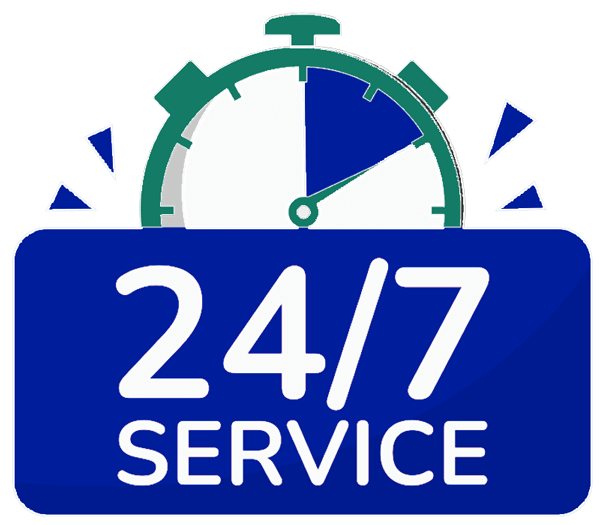
Pros & Cons of Traditional Water Heaters vs. Electric Tankless
Pros of Electric Water Heaters
Energy-Efficient
Electric water heaters are generally more energy-efficient than traditional gas water heaters, resulting in lower energy bills.
Easy Installation
They do not require vents or gas lines, simplifying the installation process.
Safety: Electric water heaters eliminate the risk of gas leaks or carbon monoxide exposure, which can be associated with traditional gas water heaters.
Quiet Operation
Electric water heaters typically operate more quietly than their gas counterparts.
Compact Size
They are often smaller in size, allowing for installation in tight spaces.
Cons of Electric Water Heaters
Slower Recovery Rate
Electric water heaters usually have a slower recovery rate compared to gas water heaters, which means they take longer to reheat water once depleted.
Higher Energy Costs
Although electric water heaters are more energy-efficient, electricity rates can be higher than natural gas rates, leading to higher overall energy costs.
Dependency on Electricity
Electric water heaters rely on electricity, so during power outages, you may lose access to hot water.
Pros of Traditional Water Heaters
Faster Recovery Rate:
Traditional gas water heaters can heat water more quickly, ensuring a continuous supply of hot water.
Lower Energy Costs
Natural gas is often cheaper than electricity, which can result in lower energy bills when using a traditional water heater.
Familiar Technology
Traditional water heaters have been around for decades, and many plumbers and homeowners are more familiar with their operation and maintenance.
Cons of Tradional Water Heaters
Less Energy-Efficient
Traditional water heaters are generally less efficient than electric models due to heat loss from the storage tank and exhaust gases.
Requires Venting
Proper venting is necessary for gas water heaters, which can complicate installation and add to the cost.
Larger size: Traditional water heaters are bulkier than electric models, requiring more space for installation.
Potential for Gas Leaks
Traditional gas water heaters use natural gas or propane, which can pose a risk of leaks or carbon monoxide exposure if not properly maintained.


*Free Estimates During Regular Business Hours.
Differences in Installation Time: Conventional & Electric Water Heaters
Installing a conventional water heater typically takes around 2 to 4 hours, depending on factors such as the job’s complexity and the ease of access to the installation site. In contrast, electric tankless water heaters generally need more time, taking anywhere from 3 to 6 hours, as they might require electrical system upgrades or plumbing line adjustments to suit the new unit.
It’s important to remember that each installation is distinct, and the time necessary for your particular case could differ. Speaking with a professional plumber can offer valuable insight into the expected installation duration for your specific needs, enabling you to make an informed decision for your home.
What Clients Are Saying
Our Services
We are a Full service Plumbing Company, If you don't see what you need, call us
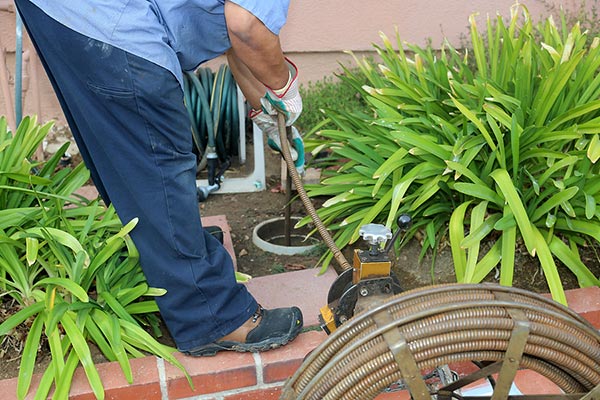
Drain Cleaning
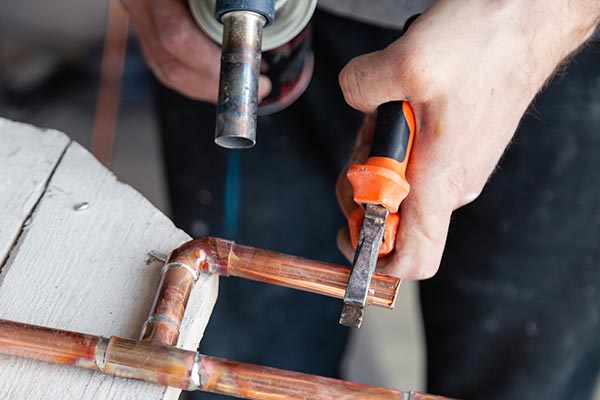
Broken Pipe Replacement
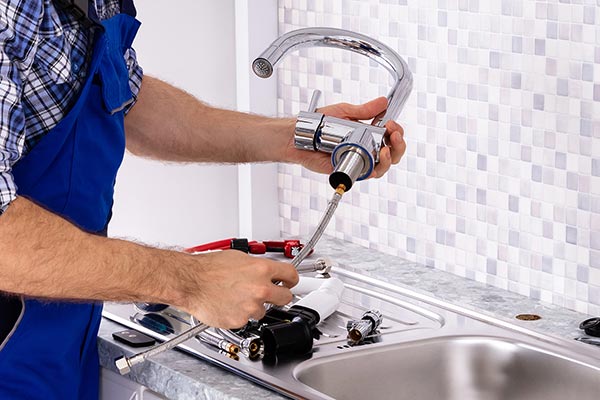
Sewer Line Inspection & Repair

Leak Detection
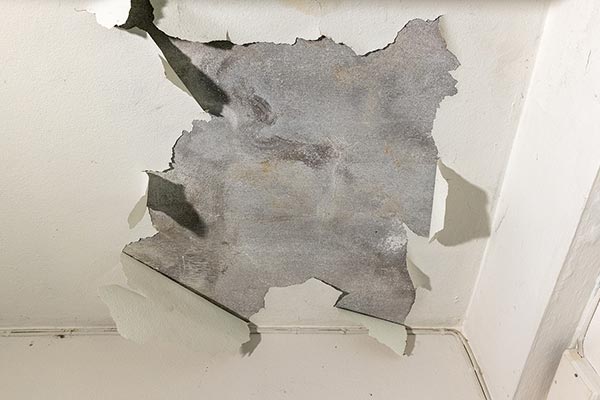
Slab Leak

Gas Leak Repair
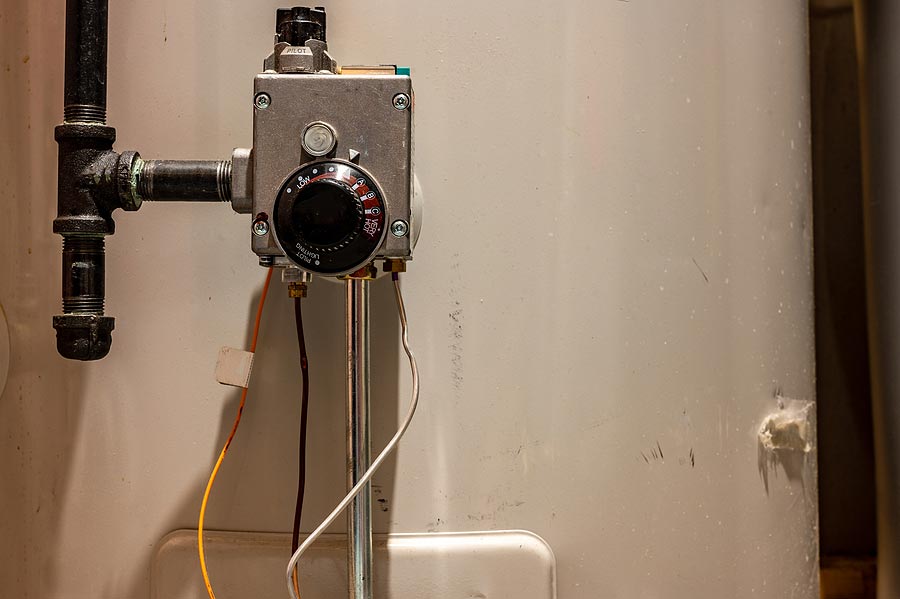
Water Heaters

Tankless Water Heater Installation

Hydrojetting

